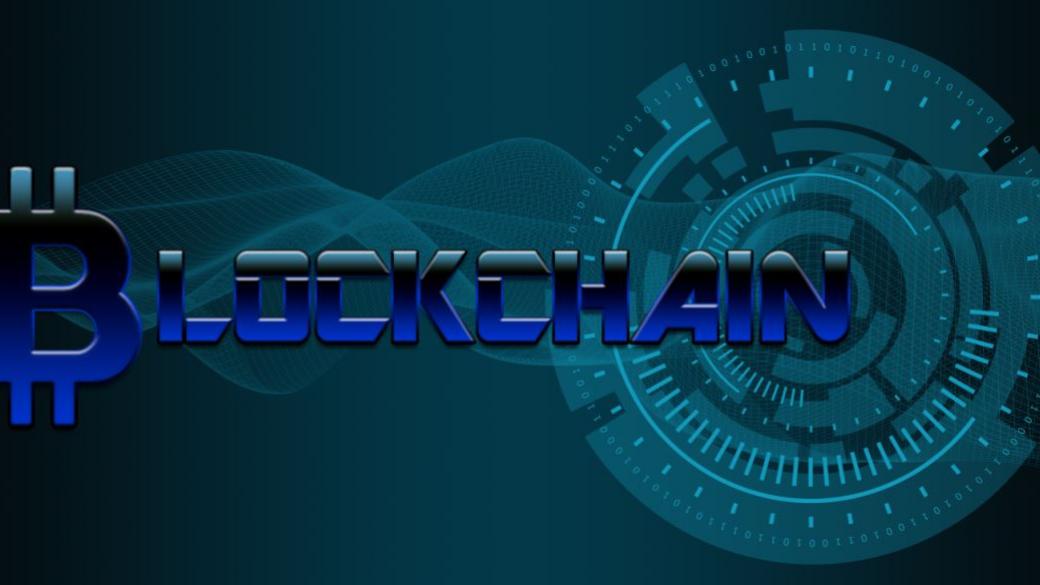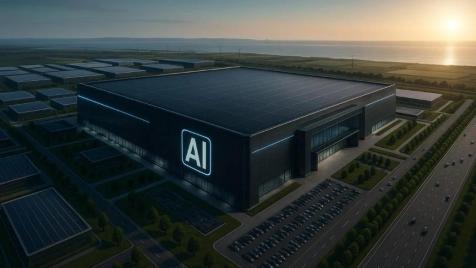Technologies that Can Destroy Many Jobs
Blockchain, autonomous cars and the Internet of Things are among them

© ECONOMIC.BG / Pixabay
In recent years, robots and artificial intelligence technologies have been in the focus of more and more critics who think that they would lead to the loss of an unprecedented number of jobs. According to a study by the World Economic Forum, in the next decade, around 75 million jobs worldwide will be cut due to the entry of smart machines. It is still unclear to what extent such fears are justified, or whether robots will actually create more new jobs than they will destroy. According to the same study, the number of new jobs to be created in connection with the entry of robots and artificial intelligence could reach 133 million, which means that
The Positive Effect will Be nearly twice as Big
If we observe the development of the most promising new technologies, however, we can see another trend that may be interesting to innovation critics. Other innovative segments may have a much greater impact on the labour market than artificial intelligence and robots. What is more - in a much shorter term. In addition, some of these processes seem to have already started to a greater or lesser degree. Below, you can learn about the technologies that can threaten the largest number of traditional jobs.
Blockchain
This technology, on which Bitcoin and the other cryptocurrencies are based, has long gone beyond the scale of cryptocurrency and can become a key factor in changing almost all economic sectors, according to many. In its essence, it is a decentralised and fully transparent database, based on which payments, commercial operations, business processes, public discussions, even elections and administrative activities can be organised.
A real estate rental platform, for example, can be almost entirely automated and work without the need for intermediaries to offer or support the services. That is exactly the problem - Blockchain has the potential to remove a huge number of intermediaries (and not only) from dozens of different sectors of the economy, as well as from many public institutions.
Among the most threatened are insurance, real estate and travel agents, office assistants, and a number of legal services, including notaries and people communicating with institutions, such as the Commercial Register. And if you think that this is a problem of secretaries and insurance brokers, but it doesn’t concern you because you’re in a leading position... think again. Based on the Blockchain and smart contracts platforms, a new generation of companies will soon emerge, which will not have a management, but will be entirely automated and decentralised. It seems that even managers could turn redundant.
Autonomous Cars
Cars without drivers already exist, and the expectations are that, in the next few years, they will meet the regulatory requirements and drive on the streets of our cities. The interesting thing in this sector is that it actually combines two dynamic market segments - those of information technology and cars. And as a result, both companies from the first sector (such as Google, Apple and Baidu) and automotive giants such as Mercedes, Toyota and BMW are also interested.
All this means that the segment of “smart” cars will certainly develop at a rapid pace. And while they provide more convenience and comfort to passengers, they will, in the meantime, eliminate almost entirely one of the oldest modern occupations - drivers, all kinds of them. Taxi drivers, truck drivers, buses, even garbage cars - no one is secured.
Flying Drones
This is another fast growing segment that will change the look of our cities in the coming years. The European Union is currently discussing what the regulatory framework of this segment will look like, and it seems that it will soon be created. And when this happens, we can expect a boom in the drone services - from courier services, through food and drink delivery, to emergency transport of life-saving medications, etc. And meanwhile - eliminating the need for a number of traditional professions such as those of couriers and drivers.
Internet of Things
If we think about the way in which the introduction of automatic barriers affected the work of barrier operators in the past, we can imagine the extent to which the entry of the Internet of Things will affect a huge number of other service professions. As we have already mentioned, the Internet of Things is a concept for connecting to the Internet and adding intelligence to the objects around us - from home appliances, through our clothes, to buildings, administrative sites, etc. The introduction of this technology will certainly threaten all guards at the entrances of institutions and companies, people selling and checking tickets at stadiums or concert halls, city transport controllers and all sorts of other types of staff.
Shared Economy
Shared items, property and service platforms give additional revenue sources in the hands of ordinary people. At the same time, however, they threaten entire traditional industries, reducing orders for new production. And from there - the employed in these sectors. With the development of so-called “Shared Economy,” this trend will be felt more and more, and some industries, such as the hotel industry, are already raising their voice against it.
Of course, as mentioned before about artificial intelligence, the effect of the introduction of each of the technologies described in this article is not explicit. Each of them can both lead to job cuts and can stimulate the opening of a number of new ones. Such fears have been present ever since the dawn of industrialisation when the madmen were destroying manufacturing machines so that they didn’t deprive people of their jobs. Subsequently, industrial production has led to a much larger number of newly created jobs than the cut ones. It is quite possible that the story will repeat itself now, but it is still a good idea to follow some new technology segments more closely.

 Alexander Alexandrov
Alexander Alexandrov 


